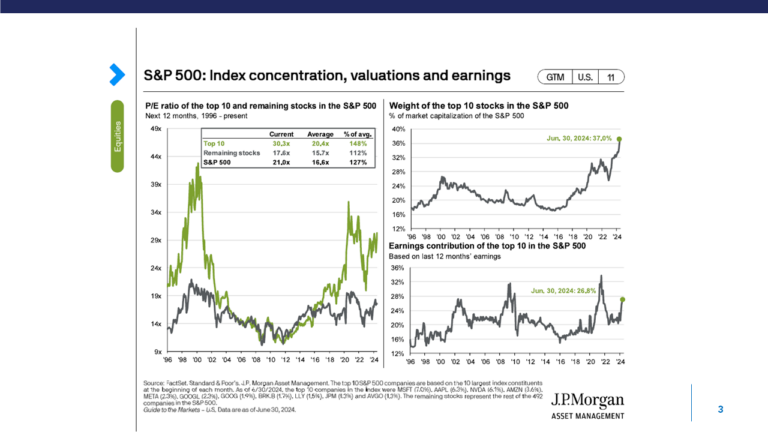Social Security gives you a broad range of options: Take the monthly payment as early as age 62, wait until “full” retirement age (age 66 for those retiring in the next few years), or wait until as late as age 70 to claim your benefit.
The factor that makes this decision tough is the size of the benefit: Take it early and it will be reduced by as much as 25% from your full retirement age benefit (again, for most retirees now, at age 66). Delay the benefit until age 70 and get a payment that is 76% higher than the age 62 benefit.
A good part of the claiming decision depends on your definition of the purpose of Social Security. Some workers see it as extra play money that is a reward for living to age 62. Others see it as an endangered benefit that could be reduced or eliminated in the future, making it imperative to start collecting as soon as possible. Yet others may view it as a straight retirement benefit, there to claim the month they retire from active employment.
We think all of these definitions are faulty. Statistical evidence and our own experience with clients in recent years has shown that Social Security has become a more important component of a retiree’s income than it was years ago, when most workers received fixed, guaranteed pensions from their employers.
For that reason, we think Social Security should be viewed as insurance to protect you from the financial devastation wrought by superannuation, that is, the increasingly common occurrence of living into old, old age.
The fastest growing age segment of the population is 80-plus. The U.S. Census Bureau predicts that by 2050 there will be 4 million Americans age 100-plus! It is worth noting that those future 100-year-olds are in their late-60s right now.
Let’s look at the mechanics of Social Security and claiming ages, then propose some of the arguments and counter-arguments to waiting as long as possible to claim your benefit.
Your basic benefit is calculated based on your “full” retirement age, as defined by Congress years ago when it rewrote the rules. For anyone born between 1943 and 1954, full retirement age is 66. Those born after 1954, full retirement age rises each year until it tops out at age 67 for those born in 1960 or later.
If you retire after 62 and before your full retirement age, your benefit is reduced. The reduction at age 62 is 25%; the benefit will be higher each month you delay claiming after age 62.
What if you wait longer than full retirement age to claim? That’s where Social Security becomes valuable: your full retirement age benefit is increased by 8% each year you delay, until age 70. You’ll end up with a benefit that is 32% higher than you would have gotten at age 66 (Social Security does not compound the increase, so the total is 8% per year multiplied by four).
Let’s face it, waiting for money is hard. Those who reach age 62 can and do come up with all types of reasons to claim their benefits immediately, rather than wait an additional eight years. Some of those reasons are pretty shaky, like “The world could end tomorrow” or “I don’t want to get hit by a bus and never collect my benefits.” Others are more serious and deserve a reasoned answer.
One popular argument is that Social Security is designed to be “actuarially fair,” meaning that the average retiree will collect the same amount of benefits, no matter when they start collecting.
For instance, the average worker who collects at 62 will receive more payments than someone who waits until 66. Even though the payments are smaller, the amount collected by each retiree will pretty much be equal by the time they hit their average lifespans.
But that’s not quite true. The rules governing how much you get by delaying Social Security were enacted many years ago when interest rates and mortality rates were higher. They are no longer “actuarially fair” : Because average retirees live longer and interest rates today are lower, those who wait until 70 to collect their benefits will, on average, receive more money than those who collect at 62.
Other workers who take Social Security earlier justify their decision by looking at the supposed “break even dates”: the ages they will have to live to in order to justify delaying their benefits. For many, those ages are in the late 70s; some retirees say they worry they won’t live until those ages and face getting “shorted” on their lifetime benefits if they delay taking them.
Some also argue that they can extend those break-even ages by investing the money they get by taking Social Security early and letting it grow.
Three good arguments against the break-even date justification for early benefits:
- Proponents of waiting longer for your benefit argue that Social Security should be viewed not as an entitlement, but as an insurance product, in this case insurance against poverty in extreme old age. Each year you delay benefits you are paying an insurance premium in order to give you a bigger benefit in old age. Yes, you may not live into your 90s, but if you do it could be disastrous for your finances. Paying a premium to protect yourself in that case is like paying for fire insurance on your home. Although the likelihood of losing a house to a fire these days is pretty low, most people still “throw money away” each month by paying the insurance premium.
- The break-even date is merely an actuarial calculation of the average date of death for people who were born when you were. Many Social Security recipients live beyond that age. “Don’t focus on the break-even date – it is only one of many dates at which you can die. Worry about the broke date – the date you can’t pay all your bills because you took benefits that were too low, too early,” says “Get What’s Yours: The Revised Secrets to Maxing Out on Your Social Security” by Laurence J. Kotlikoff, Philip Moeller, and Paul Solman. (We highly recommend the book, which was published in 2016 by Simon & Schuster).
- The argument for investing your early Social Security payments is a canard. Social Security guarantees an annual increase of up to 8% for each year you delay payments up to age 70. The only competitor for that rate is the stock market, and returns of 8% are never guaranteed there. In fact, there have been numerous 10-year periods where stock returns were barely positive.
Richard Schroeder, CFP®
Chief Investment Officer


